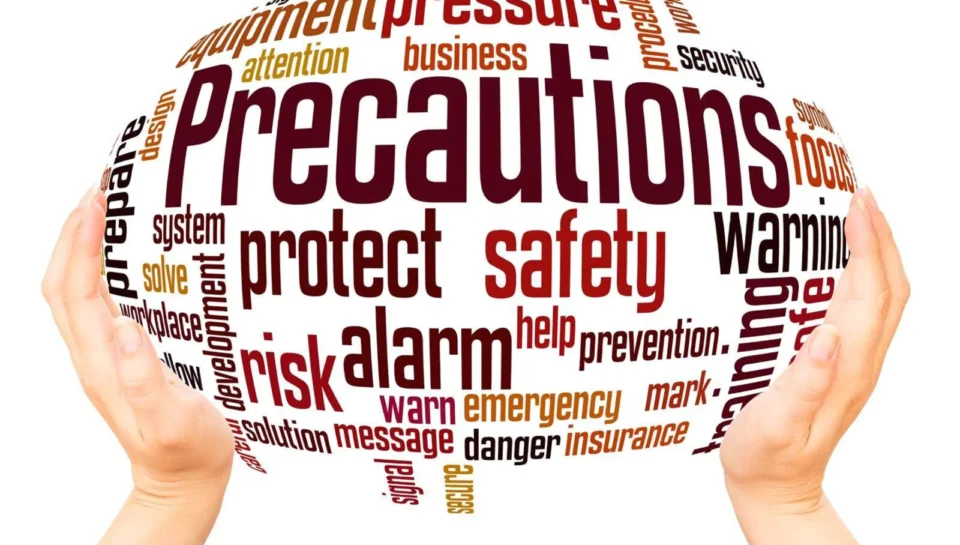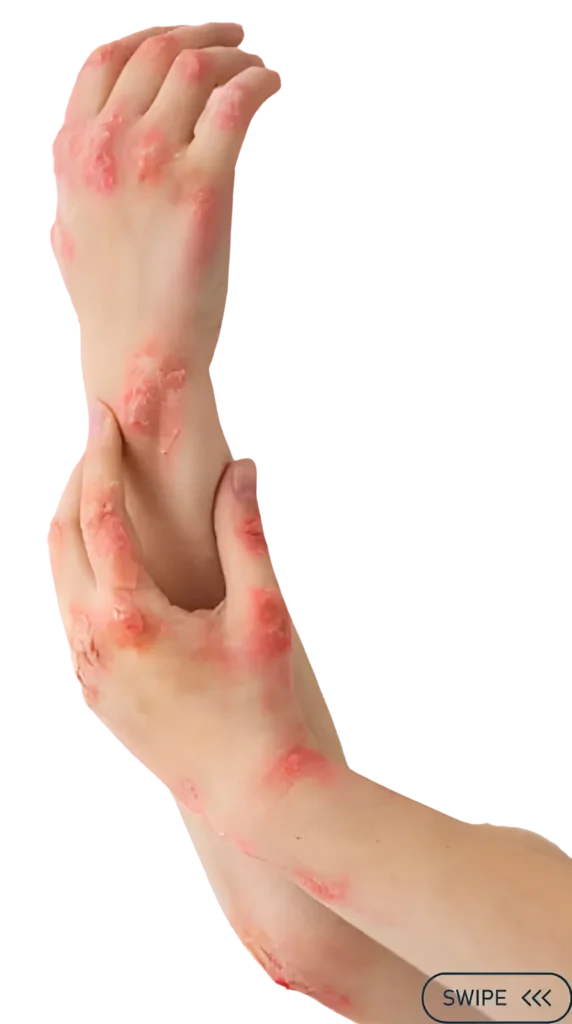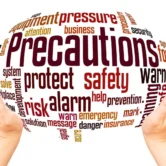Who Should Avoid Hijama: Contraindications and Precautions

While Hijama (wet cupping therapy) offers numerous health benefits, it’s not suitable for everyone. Certain individuals should avoid Hijama entirely, while others may require medical supervision before undergoing treatment. Here’s a complete guide to the contraindications and precautions to keep in mind before scheduling your session.
Contraindications: Who Should Avoid Hijama
Pregnancy (Especially First Trimester)
Hijama is not recommended during pregnancy, particularly in the first three months, due to the risk of miscarriage. In later stages, cupping must only be performed by an experienced practitioner and with a physician’s approval.
Bleeding Disorders
- People with conditions like hemophilia
- Those taking anticoagulant medications (e.g., warfarin or aspirin)
Such individuals have a high risk of excessive bleeding, and cupping may pose serious health threats. Always consult with a healthcare provider.

Skin Conditions
Avoid cupping on areas affected by:
- Eczema
- Psoriasis
- Active skin infections
The therapy can worsen inflammation or lead to further skin irritation.
Recent Surgeries or Injuries
Hijama is not advised on or near:
- Fresh surgical wounds
- Fractures or bruised tissue
Wait until the area is fully healed before undergoing treatment.
Severe Anemia
Since Hijama involves drawing blood, those with low hemoglobin levels may experience worsened symptoms. Consult with a doctor if you have iron deficiency or anemia.
Active Cancer
Individuals currently undergoing chemotherapy or radiation should avoid Hijama, especially on or near the tumor site. It may interfere with medical treatments or weaken immunity further.
Chronic Medical Conditions
Hijama may need to be modified or avoided in certain conditions such as:
- Uncontrolled diabetes
- Severe high blood pressure
- Heart disease
In these cases, professional medical advice is essential.
Precautions: Important Things to Know Before Hijama
Always Consult Your Doctor
If you suffer from any chronic illness, are on medication, or have health concerns, speak to a doctor before proceeding with Hijama.
Choose a Qualified Hijama Practitioner
Ensure your therapist:
- Has experience and proper training
- Uses sterilized equipment
- Follows strict hygiene standards
Share Your Medical History
Before your session, disclose:
- Medications you’re currently taking
- Any allergies or immune conditions
- Past experiences of fainting or low blood pressure
Final Thoughts
While Hijama is a Sunnah-based therapy known for its healing benefits, it is not suitable for everyone. Understanding its risks and contraindications will help you make an informed and safe decision. When in doubt, consult a doctor and only work with experienced practitioners to ensure your treatment is both effective and safe.





